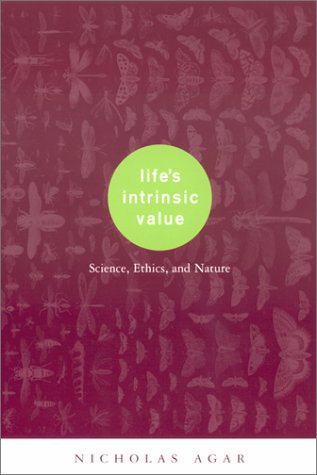

Most ebook files are in PDF format, so you can easily read them using various software such as Foxit Reader or directly on the Google Chrome browser.
Some ebook files are released by publishers in other formats such as .awz, .mobi, .epub, .fb2, etc. You may need to install specific software to read these formats on mobile/PC, such as Calibre.
Please read the tutorial at this link: https://ebookbell.com/faq
We offer FREE conversion to the popular formats you request; however, this may take some time. Therefore, right after payment, please email us, and we will try to provide the service as quickly as possible.
For some exceptional file formats or broken links (if any), please refrain from opening any disputes. Instead, email us first, and we will try to assist within a maximum of 6 hours.
EbookBell Team

4.4
102 reviewsAre bacteriophage T4 and the long-nosed elephant fish valuable in their own right? Nicholas Agar defends an affirmative answer to this question by arguing that anything living is intrinsically valuable. This claim challenges received ethical wisdom according to which only human beings are valuable in themselves. The resulting biocentric or life-centered morality forms the platform for an ethic of the environment.
Agar builds a bridge between the biological sciences and what he calls "folk" morality to arrive at a workable environmental ethic and a new spectrum--a new hierarchy--of living organisms. The book overturns common-sense moral belief as well as centuries of philosophical speculation on the exclusive moral significance of humans. Spanning several fields, including philosophy of psychology, philosophy of science, and other areas of contemporary analytic philosophy, Agar analyzes and speaks to a wide array of historic and contemporary views, from Aristotle and Kant, to E. O. Wilson, Holmes Rolston II, and Baird Callicot. The result is a challenge to prevailing definitions of value and a call for a scientifically-informed appreciation of nature.